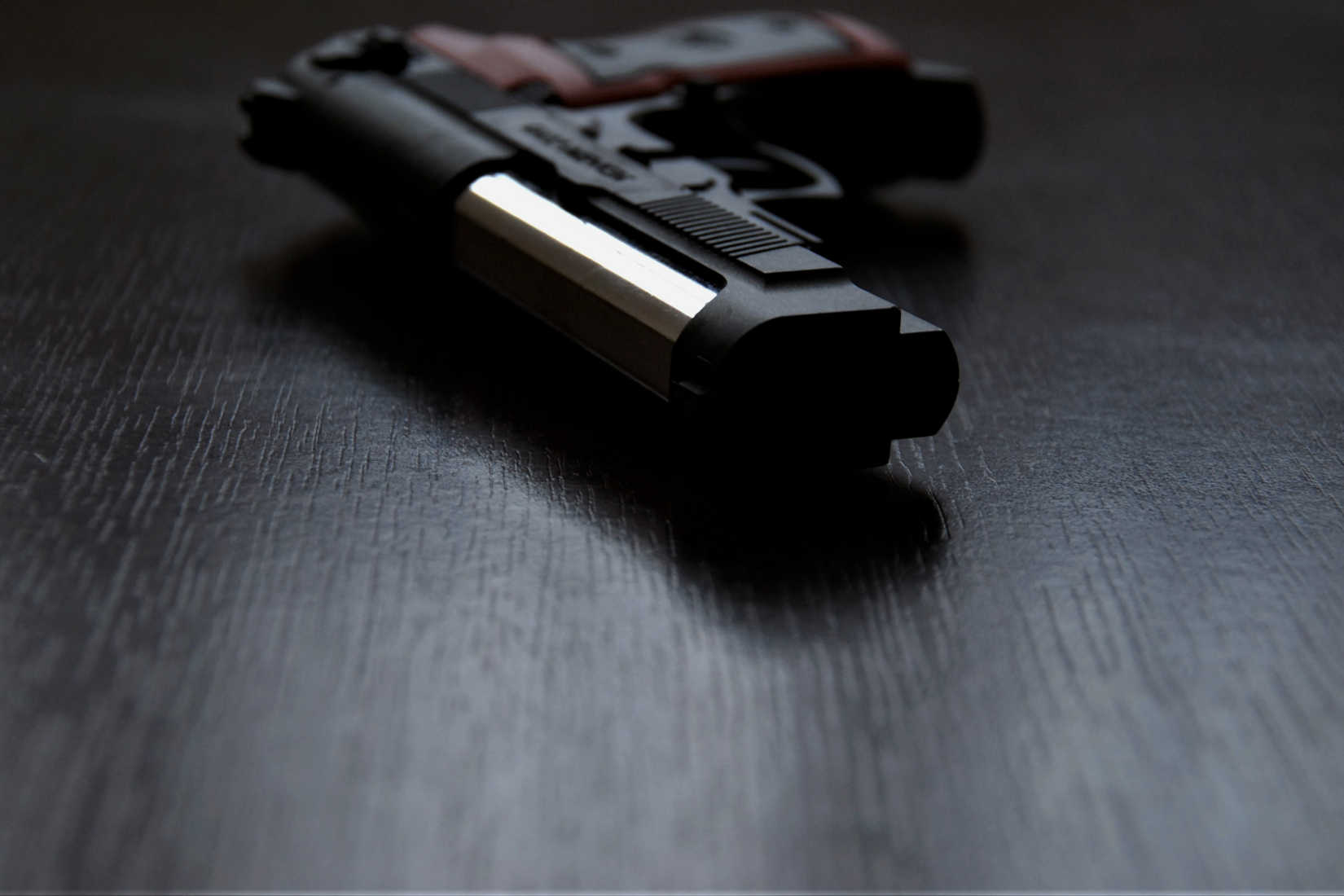By: Ashleigh Meyer
Florida state law prohibits anyone under the age of 21 from purchasing a gun. It also prohibits anyone under 18 from gun possession, except in very specific circumstances. Nonetheless, the state has filed countless red flag orders against minors. Even for juveniles, these cases are publicly accessible, and there is no telling the damage they may have on these children’s futures.
Red flag gun confiscation laws generally make it so almost anyone – a jealous ex, a vindictive, gun-hating neighbor, and so forth – can claim to law enforcement that someone is unfit to possess a gun and thus have his or her weapons forcibly seized without due process.
In Polk County, Florida, at least 20 of the 400 cases that have been taken to court since the enactment of the law in March 2018 have been filed against minors. One boy, who was only eight years old, was flagged after threatening to “shoot everyone up” at his school. The judge did not accept the order, but the fact that it was made at all signals a lack of reason and practicality in the enforcement of these red flag laws, echoing a concern that many opposers to the statute have voiced.
Fox4 Florida reports:
Among the people hit with so-called risk protection orders since March 2018:
• • A 91-year-old man, who claimed he wanted to "even the score" with his late wife’s alleged lover;
• • A former U.S. Marine-turned-teacher, who admitted he told students during a lockdown drill how he could be “the best” school shooter
When assessing a threat made by a minor, educators, security personnel, and lawmakers are expected to consider three factors: credibility, knowledge, and access/capability. Many of the children being flagged in Florida do not live in homes with guns and have no idea how to fire a weapon. Though it should not be ignored or taken lightly, children make violent threats all the time, and the majority of those children do not act on those threats or grow up to be violent.
Pursuing legal action or criminal charges against minors for such threats can have damaging repercussions for the rest of their lives. Colleges, for example, are likely to hesitate before accepting an applicant who was flagged as a threat to public safety at the age of 11. These accusations could hinder employment opportunities, impact social acceptance, and lead to unfair accusations down the road. Alienation, public scorn, and a lifetime of injustice: now that sounds like a recipe for a future mass shooter.
What evidence is there that suggests red flag laws accomplish anything in the way of preventing mass shootings? Lately, though, it seems anyone can accuse anyone of anything, with little to no recourse, no matter the validity of the claim. This is further evidenced by the fact that Florida is flagging individuals who are already barred from gun ownership under existing state law.
Florida is now one of 17 states that have some kind of red flag law on the books. When an individual is flagged, judges have the authority to order a cooling off period (in which the accused is barred from gun ownership for a certain period of time), ban the individual from ever owning a gun, and even lay down criminal charges.
Ashleigh Meyer is a professional writer and Conservative political analyst from Virginia.

